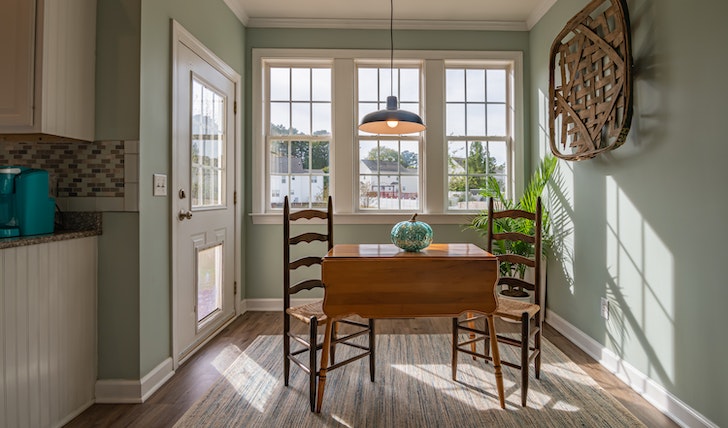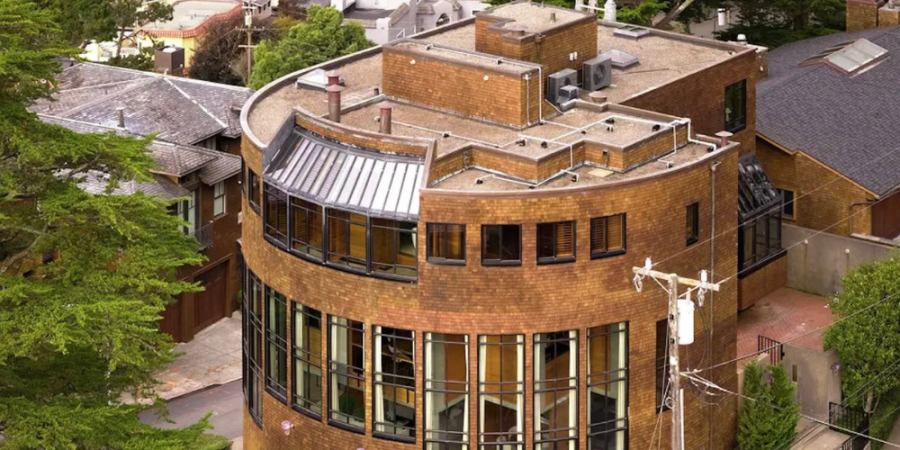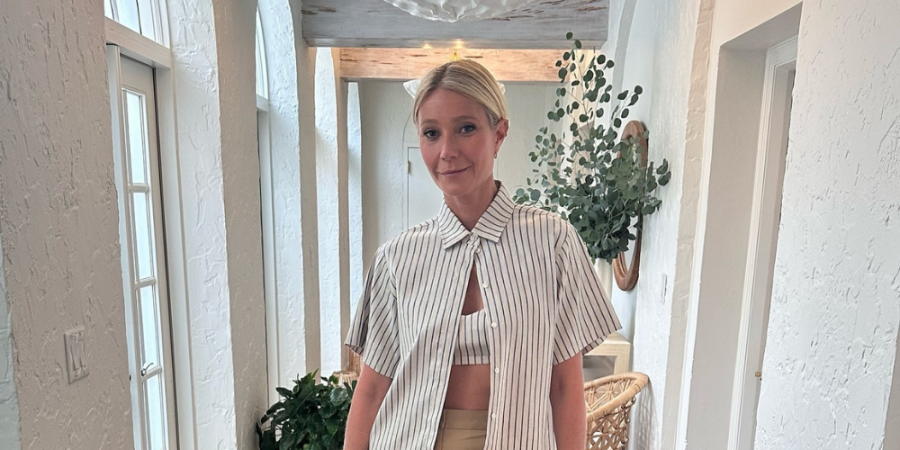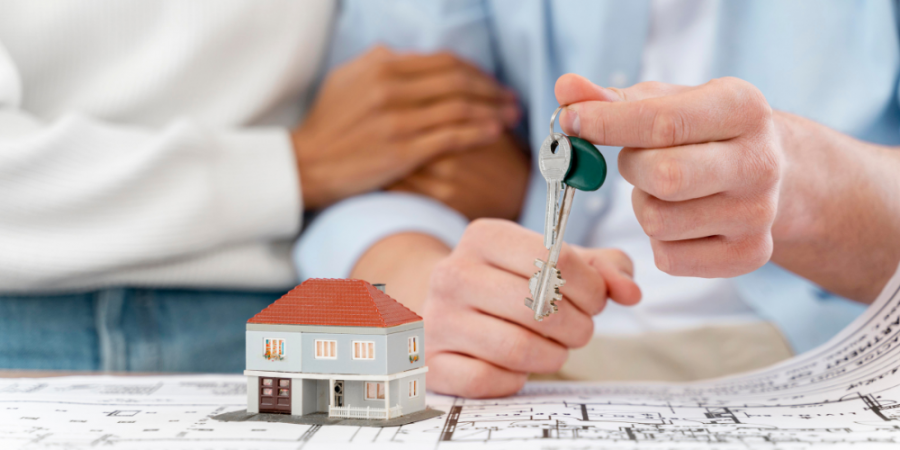There is something charming about owning your own place. A private nook where you can plaster the walls with eccentric art, adopt five cats, or renovate to your heart’s content. But behind the glamour of homeownership, there is a secret many do not talk about: That lovely abode might be more of a liability than an asset.
The Price Goes Up & Down Continuously
So you have bought a house. The neighborhood is great, and property values are skyrocketing. All is well, right? Until it isn’t. The housing market has a reputation for its fickle nature. While today’s hot market could make you feel like a real estate mogul, tomorrow’s downturn could have you biting your nails.

Curtis / Pexels / As a homeowner, you can never find an ideal price to sell your house. This is how the real estate market works.
Ever heard of the housing bubble burst of 2008? Many homeowners felt that sting, watching their property values plummet. Investing in a home is essentially betting on a market that, like a moody cat, can purr one minute and scratch the next.
The Great Anchor Predicament
Imagine: You have been offered a dream job. But there is a catch: It is three states away. If you are renting, packing up and moving might be a cinch. But homeowners? They are playing a different game. Selling a house is not like offloading stocks.
It is a time-consuming process that hinges on market conditions, buyer availability, and sometimes sheer luck. And if the market’s cold? You might have to slash your price or become an unintentional landlord. That house becomes an anchor, tying you down when opportunity knocks.
House Maintenance
Remember the glee of moving into your pristine new home? Flash forward: the boiler’s gone kaput, termites have made a buffet out of your beams, and was that crack in the wall always there? With great square footage comes great responsibility.

Photo Mix / Pexels / Unlike an actual asset, a house makes you spend a lot on maintenance – without making you earn a single cent.
Homes age. And their upkeep is not just about a fresh coat of paint. It is plumbing, roofing, electrical systems; the list goes on. And let’s not even talk about natural calamities. A homeowner is always one mishap away from a hefty bill.
Equity Is Not Exactly Liquid Gold
Building equity feels great. Every mortgage payment you make, you are claiming more of your home. It is like slowly filling up a piggy bank. But here is where reality bites: Equity is not as liquid as you would hope.
Need to tap into it? You are looking at selling your home or refinancing, both of which come with their own sets of costs and headaches. And in a market downturn, your equity can evaporate, leaving you with less than you bargained for.
A House Continues to Take Money From You
So you have invested in a sprawling mansion. Or maybe just a cozy two-bedroom townhouse. Regardless, unless it is generating regular income (say, from renters), it is not really an “asset” in the traditional sense.

Yamin / Pexels / Unless you do not rent your house, it will continue to quench money from your wallet.
Remember, assets bolster your income. A house, on the other hand, comes with a parade of outflows. From mortgage payments to taxes, insurance, and those pesky maintenance costs. Your home might appreciate over time. But until you cash out, it is just potential money, not money in hand.
So, for many, buying a house is a cherished nest, a canvas for memories, and, yes, possibly a long-term investment. But it is high time we see through rose-tinted glasses and recognize the financial intricacies that come with the ‘Home Sweet Home’ sign.
The key is to buy with eyes wide open. Know the risks, anticipate the challenges, and always have a backup plan. Your future homeowner self will thank you.










